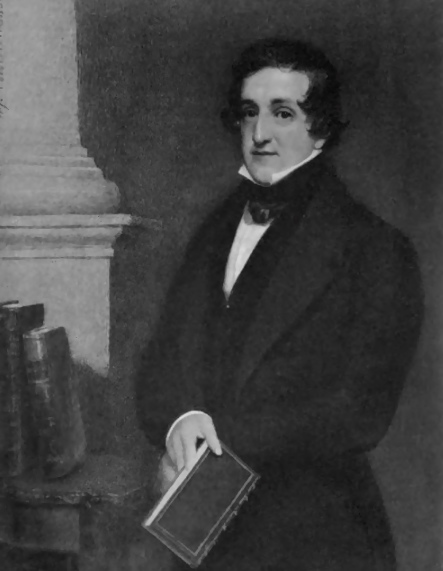
Hobhouse, Sir John Cam
An English Writer and Statesman (1786-1869)
Later Lord Broughton, was the eldest son of Sir Benjamin Hobhouse. Born at Redland, near Bristol, England, on 27 June 1786, he was elected to the House of Commons from Westminster in 1820. He served in Lord Grey’s government (1832-34), in Melbourne ministry (1837-38), and Lord John Russell’s cabinet (1846-52).
As president of the Board of Control, Hobhouse directed the Home Government’s policy towards the Punjab and the Sikhs for nearly 15 years. He supported Auckland’s adventure for the restoration of Shah Shuja’ to the throne of Afghanistan with the help of the Sikhs though it turned out to be a disaster. Hobhouse was responsible for the suppression of some of the documents relating to the first Anglo-Sikh war in the Blue Book, published in 1846. J.D. Cunningham’s reference to the suppressed papers in his A History of the Sikhs so much aroused him that he ordered the Governmentof India in 1849 to dismiss him from service.
Five bulky volumes of Sir John Hobhouse’s private correspondence with Auckland, Hardinge and Dalhousie in the British Library furnish a good deal of information on the Punjab and the Sikhs. Hobhouse-Auckland Correspondence (May 1836 June 1841) gives fresh information on Sikh policy towards Sindh and Afghanistan. Hobhouse-Hardinge Correspondence (September 1846-February 1848) unfolds the schemes behind the first Anglo-Sikh war. Dalhousie-Hobhouse Correspondence (January 1848- March 1853) discloses how the British invasion of the Punjab in 1848 had been designed by Dalhousie, how the annexation of the Punjab had been preplanned at Fort William, and how Hobhouse and the Board of Control initially following a policy of drift and indecision in giving support to Dalhousie had ultimately fallen in line.
After his retirement, Sir John Hobhouse spent most of his time in literary pursuits. He died at Berkeley Square, England, on 3 June 1869.
Source: TheSikhEncyclopedia.Com